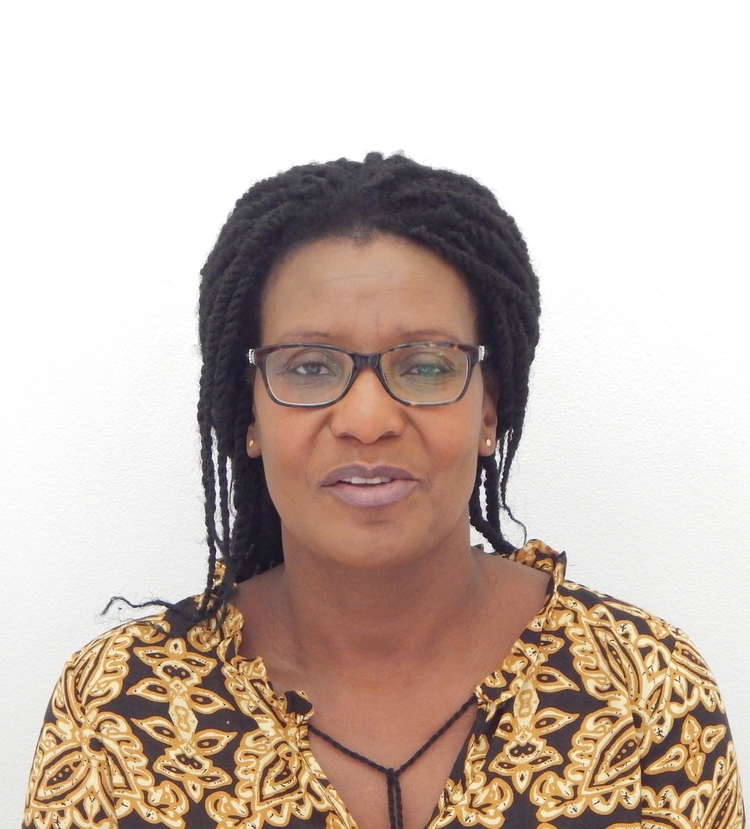
The Sunday Mail

Dr Christine Peta -Disability Issues
IN recognition of the World Autism Awareness Day (April 2) and the Autism Awareness Month (April), this article will focus on the autism spectrum disorder — which, in short, I call autism.
The word “spectrum”, in autism spectrum disorder, refers to the wide range of symptoms and severity of the disorder.
For example, some people with autism may have advanced conversation skills and others may be nonverbal. Some may need a lot of assistance to enable them to undertake their daily living activities, whilst others can work and live with very little or no support.
Once born alive, all babies grow, but the reality is that they develop at their own pace and do not follow rigid timelines.
But it is often in early childhood, usually between the ages of two and three years, that parents begin to notice their children may have autism.
Some children may appear to be going through normal development stages in the first year, but symptoms of autism might begin to show during the second year.
Some symptoms of autism are:
* Lack of response from a child when you call his or her name. Some children may appear not to hear anything when you are talking to them, thus coming across as if they are ignoring you.
* Withdrawal. Some may not like to be held or experience cuddling. They may prefer to play on their own, thus withdrawing into their own worlds. Some may have reduced eye contact (they may look sideways when you are talking to them). They may also depict a lack of facial expression.
* Others may not speak (non-verbal) or their speech may be delayed or, as they grow older, they may lose the ability to say the words or sentences they may have learnt earlier.
* In some instances, persons with autism may be unable to start a conversation, or if they do, they may struggle to keep up with talking.
* There are also cases when some repeat words or sentences, without being able to link them in ways that make sense. Some may not express emotions or feelings, and they may come across as being unaware of other people’s feelings.
* There are also cases of others who may approach social interaction with passivity, aggression or disruption. They may struggle to “read” nonverbal cues, such as people’s facial expressions, tone of voice or body postures.
The list of symptoms of autism is not exhaustive. Each person may have his or her own unique way of behaving depending on the range and severity.
For example, some children with autism may experience difficulties with learning, whilst others exhibit signs of average or high standard of intelligence. The latter learn quickly but experience problems with communicating and applying what they know in their daily lives, thus struggling to adjust to social situations.
Causes of autism
There are many cases of autism and some of them are associated with genes. Some genes may negatively impact the development of the brain or the way brain cells communicate. Genetic mutations may be inherited whilst others may just occur.
Research is being undertaken to determine whether medical drugs or challenges experienced during pregnancy may cause autism, or if air pollution or viral infections are also linked to the developmental disorder.
But some children with autism may become more engaged with others and show fewer symptoms of unique behaviours as they grow older.
Prevention
We cannot prevent autism. However, with early diagnosis and early action, we can help our children to develop various skills. The belief that, as years go by, children may outgrow autism, is a myth, hence we need to give maximum support to our children so that they can learn to function well and to optimal levels of their capacity.
If you suspect your child has autism, there is need for you to consult a healthcare facility for tests to be undertaken. These will ascertain if your child is experiencing developmental delays of a mental, language or social skill nature.
Appropriate remedies that do not cure autism but improve functioning are offered by qualified health care personnel.
Transforming the narrative
Drawing from the standpoint of the United Nations, the Department of Disability Affairs in the Ministry of Public Service, Labour and Social Welfare is championing a shift from the narrative of curing or converting persons with autism to focusing on accepting, supporting and including persons with autism in all facets of life, and advocating their rights.
This enables persons with autism to claim their dignity and self-esteem, and to become fully integrated as valued members of their families and societies.
There is also a need to illuminate the contributions persons with autism make in the home, at work, in the arts and in policymaking.
* Dr Christine Peta is a disability, policy, international development and research expert, who is the national director of disability affairs in Zimbabwe. She can be contacted on: [email protected]



